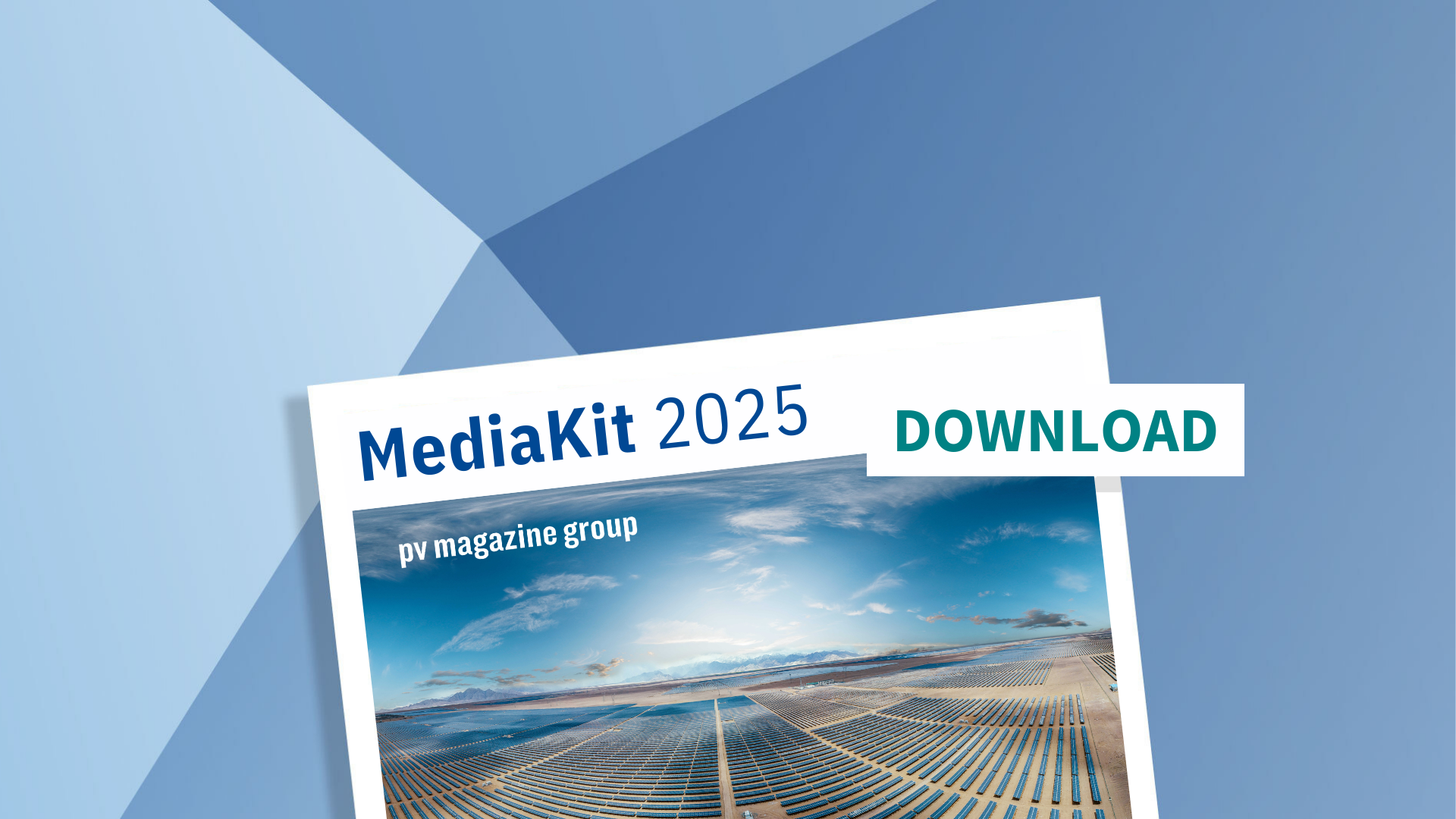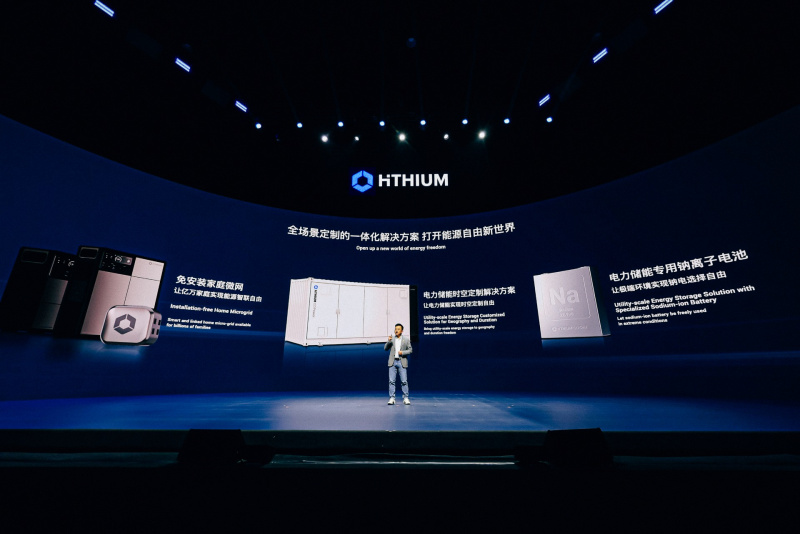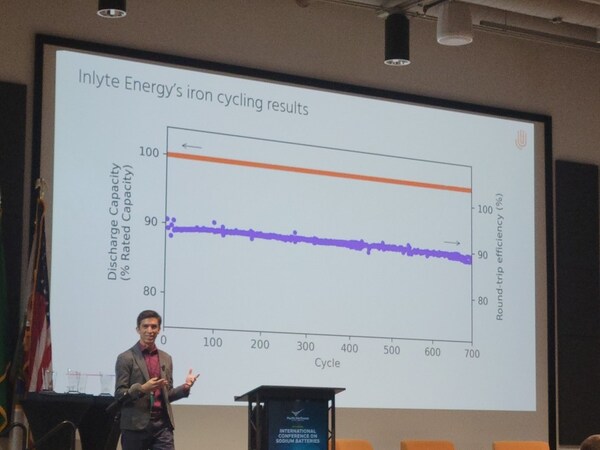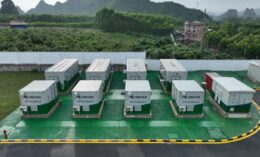New solid state zinc battery with superb cycle performance
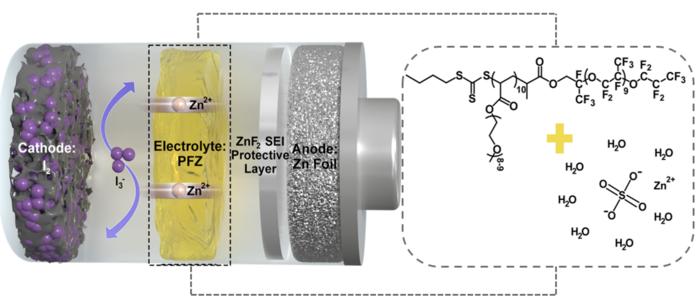
Rechargeable zinc-iodine (ZnI2) batteries have received a lot of attention due to their inherent advantages, including natural abundance, low cost, safety, and high theoretical capacity. However, their limited cycle life remains a major challenge for practical applications.
Namely, the thermodynamic instability of the zinc electrode in an aqueous electrolyte always leads to the release of hydrogen, which causes the battery to swell and eventually fail. In addition to that, ZnI2 batteries are also susceptible to dendrite growth, which can damage the separator and cause battery failure.
Now, researchers at the University of Queensland in Australia have developed a new class of fluorinated block copolymers as solid electrolytes for all-solid-state ZnI2 batteries with extended lifespan.
Their results demonstrate the formation of a solid electrolyte interphase (SEI) layer on zinc, promoting horizontal zinc growth, mitigating dendrite penetration, and enhancing battery cycle life.
Symmetrical cells employing this electrolyte demonstrate excellent cycle performance, maintaining stability for approximately 5,000 hours at room temperature, while solid-state ZnI2 batteries exhibit over 7,000 cycles with a capacity retention exceeding 72.2%.
The complete ZnI2 battery has a nearly 100% Coulombic efficiency for more than 7,000 cycles (over 10,000 hours).
Furthermore, the electrolyte exhibits excellent rate performance, delivering a reversible capacity of 79.8 mAh g-1 even at ultra-high current densities of 20 C.
These results highlight the great commercial potential of the new all-solid-state battery design. They offer a promising pathway for the design of fluorosolid-state polymer electrolytes for next-generation ZnI2 batteries with dendrite-free zinc metal anodes and ultra-long battery life.
“This work offers a promising pathway to achieving reliable energy storage in solid-state ZnI2 batteries and introduces innovative concepts for flexible and wearable zinc batteries,” the researchers write.
Their future work will explore more practical application scenarios of this battery design while controlling costs.
Their findings are further discussed in Enhancing Performance and Longevity of Solid-State Zinc-Iodine Batteries with Fluorine-Rich Solid Electrolyte Interphase, published in Materials Features.



